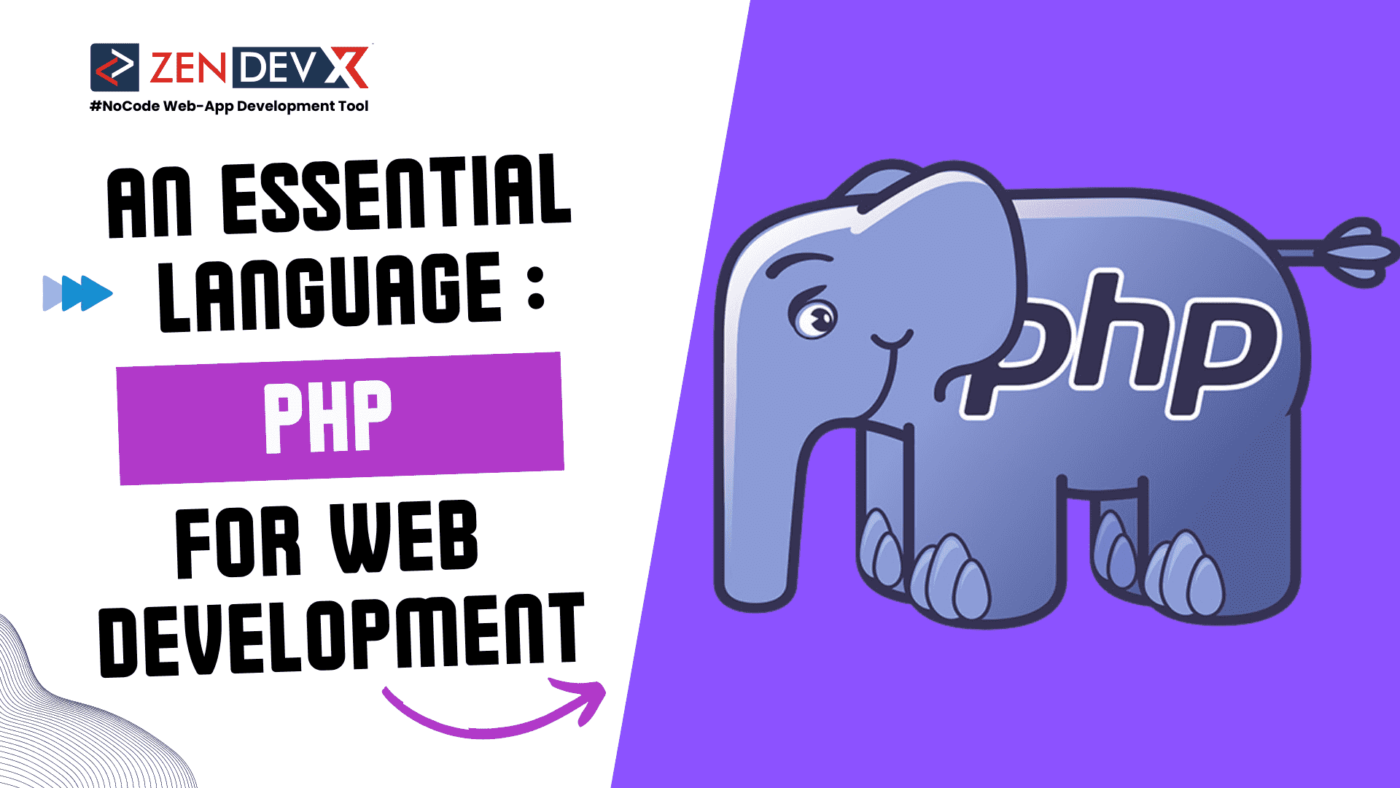For almost twenty years, PHP—also called Hypertext Preprocessor—has been the core of Internet programming. Renowned for its simplicity and versatility, PHP runs most of the web, including well-known websites like Facebook and platforms like PHP featuring PHP. This blog post will look at PHP’s features, benefits, and use cases, together with tips on how to get started with this powerful programming language.
What is PHP ?
Initially meant for web development, PHP is a server-side scripting language widely used as a programming language. Designed by Rasmus Lerdorf in 1994, PHP has evolved significantly; the most current versions feature quick performance and extensive capability.
Important PHP Features
1. Easy to Learn and Use
Beginning users would be wise to choose PHP, which is known for its simple syntax and ease of use. Its syntax is similar to those of C and Perl, which facilitates fast pick-up by novice programmers.
2. Open Source
As open-source software, PHP is free to use and has a large community of developers who help it be developed and enhanced. With modern web development methods, this community support assures PHP is continually evolving and updated.
3. Cross-platform Compatibility
PHP operates on systems other than Windows, Linux, Unix, and macOS. Because of this cross-platform compatibility, developers may readily distribute PHP programs across several operating systems.
4. Extensive Library and Framework Support
Rich in inherent features, PHP supports CodeIgniter, Symfony, and Laravel, among other libraries and frameworks. These systems include pre-made modules and tools to increase productivity and simplify development.
5. Database Integration
PHP offers connectivity across various platforms, including MySQL, PostgreSQL, SQLite, and MongoDB. This flexibility allows builders to choose a suitable database for their specific purpose.
6. Great Community Support
The large and active PHP community offers user groups, forums, tutorials, and extensive documentation. This support system helps developers stay current with upgrades, provide information, and address issues.
Use cases of PHP
1. Dynamic Web Pages
Dynamic websites often developed with PHP interact with databases and provide customized content to consumers. Embedding PHP code inside HTML allows this, and the code is then executed on the server to produce the last web page.
2. Content Control Systems (CMS)
Several important content management systems, including Drupal, Joomla, and PHP, make considerable use of PHP. These services enable users to rapidly create, modify, and publish items without requiring advanced programming knowledge.
3. E-Commerce Platforms
Developing e-commerce platforms, including Magento, OpenCart, and WooCommerce depends mainly on PHP. Robust tools for customer data handling, payment processing, and product administration these systems offer are these systems give.
4. Web Applications
PHP is used to produce various web programs, from learning management systems to social networking sites to online forums. Using its versatility and convenience in interacting with other technologies, web application development takes full advantage of these features.
5. RESTful APIs
PHP may be used to develop RESTful APIs, which allow many software programs to connect. Microservices design and outside vendor integration depend on this for their success.
Conclusion :
Still a vital instrument for web developers, PHP’s simplicity, versatility, and vast ecosystem help explain why. Whether your project is a basic online application, content management system, personal blog, or simple web application, PHP provides the tools and resources you need to thrive. Beginning your PHP journey today will enable you to make the most of this strong programming language.


